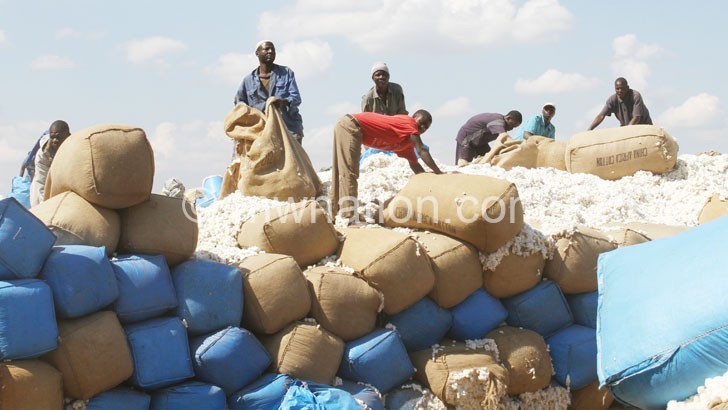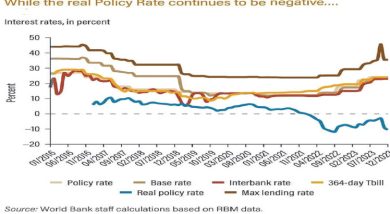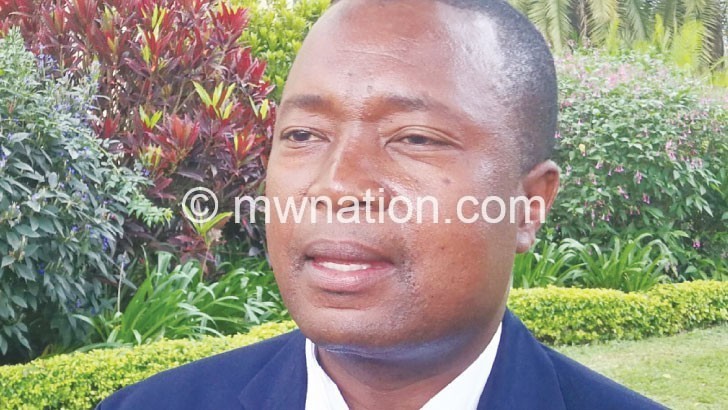Expert calls for increased funding to cotton sector
An agriculture policy development expert Tamani Nkhono-Mvula has called for increased funding to the cotton sector to boost to about 200 000 metric tonnes (MT) by 2024.
He said this on Tuesday in response to a question following revelations that in the past two fiscal years—2019/20 and 2020/21—government allocated an estimated K2.7 billion to the Cotton Council of Malawi.
In the 2021/22 and 2022/23 financial years, Treasury projects to inject K367.5 million and K385.9 million to the council, respectively.
Going by the Treasury figures, it means that in the four years from 2019/20, Treasury would have spent K3.5 billion.

Nkhono-Mvula said increasing funding to the sector is an opportunity to diversify the agriculture portfolio and increase production of value added products.
“Government is not doing enough as compared to maize production investments. In the end, the targets set out are bound to fail and when this happens, government will take the blame,” he said.
Nkhono-Mvula said government should have done a proper analysis of the situation and perhaps, find a strategy to woo other stakeholders to invest in the sector and ensure that local players are given incentive.
The Malawi Cotton Development Strategy aspires to have total expenditure on cotton development at K49 billion within the five year operational period, with the implementation cost expected to be met by cotton stakeholders such as government, non-governmental organisations, ginners, seed suppliers, donor partners, financial institutions, seed crushers and farmer organisations.
The Malawi Cotton Development Strategy is a medium-term strategic framework for the cotton sector to be implemented over a five-year period (2019/20– 2023/24).
It is the second Cotton Sector Strategy and builds on the successes and challenges of the previous cotton strategy (2011-2016).
In addition, it is rooted in the Cotton Act (2013), which also established the Cotton Council of Malawi as the regulator of the cotton sector.
Cotton Council of Malawi executive director Cosmas Luwanda said to restore farmers’ confidence, there is need to stimulate local processing of cotton into value-added products as this will ensure a vibrant local demand for seed cotton and reduce overreliance on export market for lint.
He said there is need to strengthen production and marketing contracts between growers and off takers so that loose agreements are properly formalised and made enforceable.
“The cotton regulations currently being finalised will institutionalise such arrangements,” said Luwanda
Implementation of this cotton strategy is expected to revitalise the cotton sector and allow it to reach its potential and consistent levels of production that can adequately support upstream value chain activities.
Despite the high potential of the cotton sector, it is currently operating at sub-optimal levels, with low cotton production levels at 20 103 MT.





